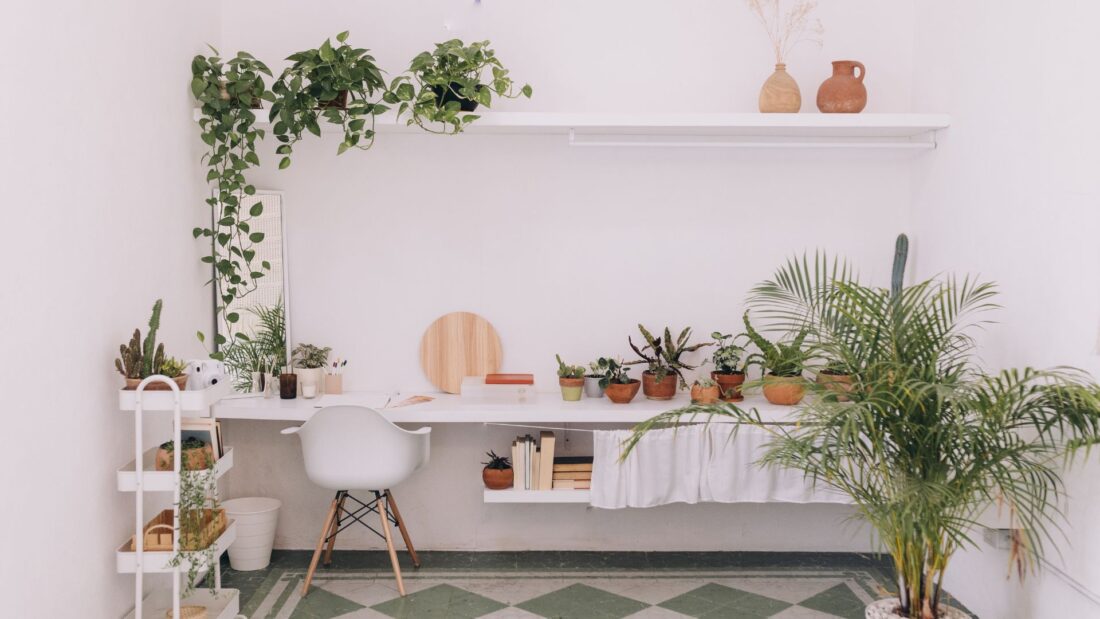Spaces of Significance: How Interior Design Shapes Our Sense of Meaning and Purpose
A sense of meaning or purpose is an essential component of human life, offering us a sense of direction and a feeling of making a difference in the world. This sense extends to our personal spaces, influencing the way we perceive and interact with our homes. In essence, our living spaces become more than just places where we eat, sleep, or unwind – they become an extension of our identities, values, and aspirations. The idea of home design transcends mere aesthetics and utility, delving into the realm of psychological well-being.
Building Identity: Personal Artifacts and Spaces for Hobbies
Our homes are the stage upon which our lives unfold. Each object within – an old photograph, an inherited vase, a cherished book – serves as a symbol of who we are. Csikszentmihalyi and Rochberg-Halton, in their book “The Meaning of Things: Domestic Symbols and the Self,” affirm that these artefacts deepen our connection to our personal history and values.
Similarly, dedicating spaces to our passions reinforces our identity. According to Robert Stebbins’s “Serious Leisure: A Perspective for Our Time,” these hobby-oriented spaces, such as a library for a book lover or a painting studio for an artist, fortify our commitment to our interests, enhancing our sense of purpose and fulfilment.
Work and Well-being: Workspace and Biophilic Design
The advent of remote work has made a quiet, distraction-free workspace necessary. A well-designed home office promotes productivity, offering a space to apply our skills purposefully.
Further, a connection to nature within our living space, a concept known as Biophilic Design, can foster well-being. In his book, “Biophilic Design: The Theory, Science and Practice of Bringing Buildings to Life,” Stephen Kellert emphasizes how incorporating elements of nature into our homes can cultivate a deeper sense of connection and meaning.
Communal Connection and Solitary Solace: Social Spaces and Private Spaces
Our homes also act as social hubs. Clare Cooper Marcus, in “House as a Mirror of Self: Exploring the Deeper Meaning of Home,” highlights how the design of social spaces can enhance our sense of community and belonging. An open, inviting living room or a cosy dining area can facilitate gatherings that enrich our relationships.
Equally important is the presence of private, quiet spaces, allowing us room for solitude and introspection. These “restorative environments,” as termed by Kaplan and Kaplan in “The Experience of Nature: A Psychological Perspective,” provide settings for reflection and rejuvenation, thereby deepening our understanding of ourselves and our values.
To conclude, the design of our homes significantly impacts our sense of meaning and purpose. By carefully considering the role of each space, the items we display, and how we integrate nature into our homes, we can create living environments that not only reflect who we are but also inspire us to pursue our passions and foster our sense of purpose. The importance of this purposeful design lies in its ability to connect us with our identities, passions, relationships, the natural world, and our inner selves, thus fostering a home that truly enhances our well-being.





